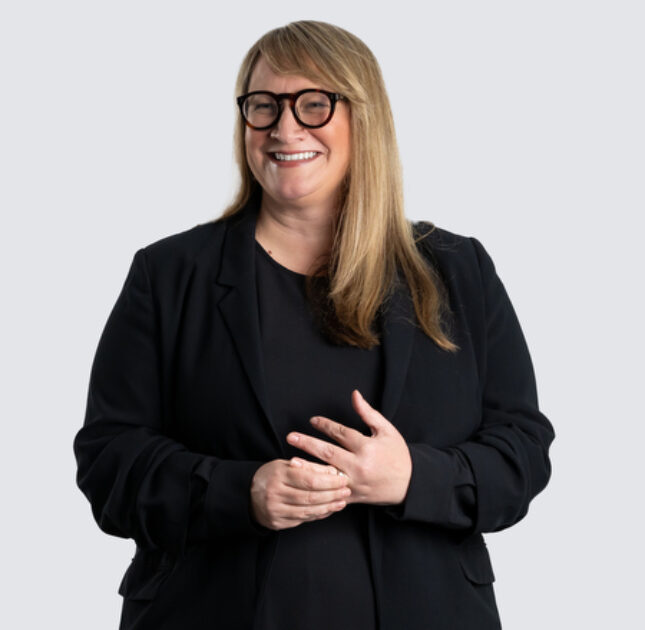Last week, ITV Wales aired its programme “Coronavirus: A Care Home’s Story”, depicting the enormous challenges faced by care homes in the past year, as a result of the pandemic. It was a hugely emotional programme that followed the stories of three families all of whom have loved ones residing at Anwen Care Home in Wales and all of whom had been unable to visit their relatives, some for over 12 months.
In the absence of face-to-face visits, Anwen Care Home, like so many other care homes up and down the country, has employed the use of video calls to enable the residents to keep in touch with their families. While enabling some contact, the disadvantages of this method of communication was outlined by a member of care staff interviewed by the programme. Simply put, video calls are “not the same” as face to face contact, with residents suffering from dementia felt to be at a particular disadvantage due to problems with recognition.
As a Continuing Healthcare solicitor, I could not help but consider how such issues would also be encountered during Continuing Healthcare assessments. The vast majority of Continuing Healthcare assessments are currently being completed via video call rather than during a face-to-face visits with the individual being assessed. Of course, of paramount importance is the health and safety of all residents and staff at care homes, as well as those undertaking the assessments but if families are finding it extremely difficult to communicate with their relative in this manner then surely this could call into question the accuracy of assessments, which are required to record a comprehensive picture of an individual’s care needs, that are completed in this way.
The National Framework for Continuing Healthcare makes it clear that the individual being assessed, or their representative (which can include a family member) should be fully involved in the Continuing Healthcare assessment. What is important to remember is that this principle remains as relevant today as in pre-Covid times. The representative should be given every opportunity to contribute to the assessment and multi-disciplinary team’s discussion, to ensure that a full picture of the individual’s care needs is obtained. While this may not currently be via a face-to-face meeting, there is no reason why the input from family members into the assessment cannot be obtained through a telephone or video call and the failure to do this could be a ground upon which a negative Continuing Healthcare assessment could be challenged.
Of concern is how much representatives can contribute to assessments owing to the fact that they have had limited contact with their relatives for over a year. This is particularly so in Wales where, when requesting a retrospective review of an individual’s eligibility for continuing healthcare, it is only possible to request that the Health Board look back 12 months from the date of the request. This is clearly, very restrictive.
If you would like advice in relation to an upcoming Continuing Healthcare assessment or regarding a negative outcome, please do not hesitate to contact the Nursing Care department. You’ll find contact detail allow with more information on our dedicated page.

